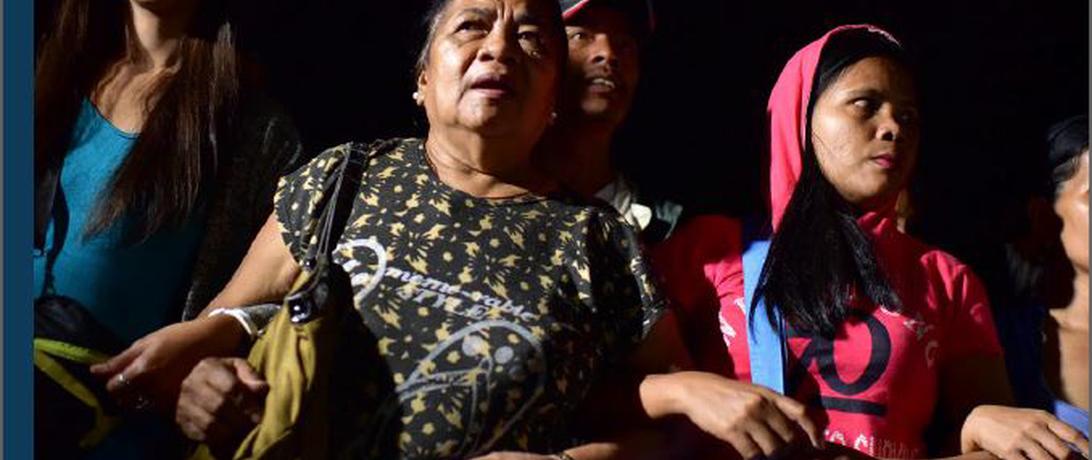
Civil society actors play an influential role in supporting human rights. While the literature on this topic tends to focus on human rights activity at the national level, civil society organizations (CSOs) also operate at the local level to advance human rights. The advancement of women’s rights is a particularly good example of this.
Key Findings
In Davao City, Philippines, local women’s organizations campaigned for the passage of the Davao City Women and Development Code, a progressive piece of legislation that implemented the Convention on the Elimination of Discrimination against Women (CEDAW). Remarkably, this piece of legislation passed 13 years before a similar piece of legislation passed at the national-level. Based on this case, this paper suggests that local activity on human rights takes place under a set of social and political factors: an empowered civil society, a center-periphery divide that generates distrust between local and national level actors, and a strengthened capacity of local government in Davao City.
- International law can be implemented on the local level without supporting legislation on the national level. This is significant because it suggests that there can be multiple pathways for the implementation of international law that do not rely on national level performance.
- Local civil society organizations (CSOs) were able to pass the Women and Development Code in Davao City by deploying strategies aimed at generating public support, producing relevant supporting research, and working directly with local government officials.
- The Women and Development Code succeeded in implementing CEDAW at the city-level, instituting a special, city government department to oversee its implementation, and codified a number of social, political, economic, and other rights for women. As a direct result of the Code, Davao City offers a number of social services and programs aimed directly an improving the status of women in the city.